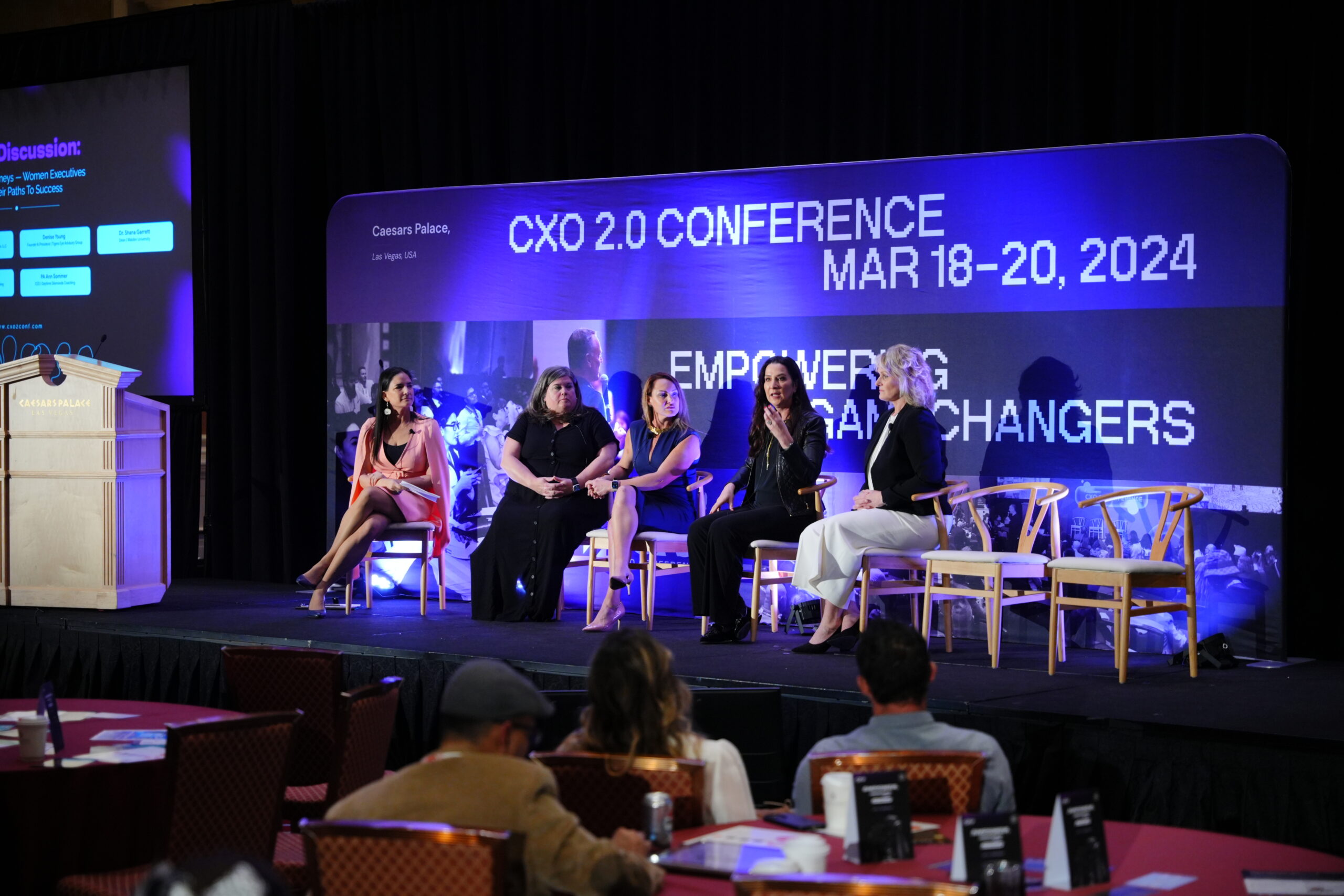
Navigating through tumultuous times tests the tenacity of every leader. Possessing a resilient leadership approach in such times is the key. However, learning to be agile and robust may not be a walk in the park. This blog delves into resilient leadership strategies during a crisis, providing you with invaluable insights. Even seasoned professionals across the globe stand to gain, considering the vitality of such a theme. The topics discussed are expected at various upcoming leadership event sessions in the USA, like the CXO 2.0 Conference, which subtly underlines its relevance and usefulness in equipping leaders with the required skill sets. Through these enlightening strategies, navigate a crisis smoothly and steer your team effectively.
Table of Contents
Essence Of Resilience
A key attribute of impactful leadership, resilience embodies the ability to adapt to changes, confront challenges, and rebound from adversity. Its importance amplifies in unpredictable circumstances where resilient leaders not only weather storms but also emerge stronger, primed to propel the organization forward. Those who engage in professional development conferences often discover practical, forward-looking insights, helping shape resilience-enhancing strategies.
Amid an ever-evolving business landscape, this form of leadership plays a pivotal role in navigating organizations to a successful future. Building resilience, then, remains paramount in the shifting dynamic of business and leadership trends. In the next section, we’ll delve into solutions-oriented strategies for cultivating such leadership resilience.
Power Of Positive Vision
Resilience emerges not just from enduring challenges but from envisioning a thriving future. Leaders who craft and communicate a positive vision cultivate a culture of resilience. This mindset, more than a mere optimistic outlook, is the bedrock of resilient leadership. As we navigate the complexities of tomorrow, understanding and leveraging this power becomes transformative. Such leaders don’t just react to changes; they proactively shape futures, turning potential setbacks into stepping stones. This approach, rooted in solution-centric thinking, equips teams to not only withstand but excel amidst evolving trends and uncertainties.
Effective Communication—The Key To Resilient Teams
In today’s complex business environment, the need for clear and consistent communication cannot be overstated. As we move into an increasingly uncertain future, it will be the organizations that master open and compassionate communication that emerge as leaders in their field. CXO 2.0 Conference, a leadership event in the USA, approached with an open mind, can provide teams with the skills to communicate with empathy, cement relationships, and boost resilience even in times of upheaval.
The years ahead will place a renewed emphasis on frequent, personalized, and constructive communication. Leaders must seize the opportunity to unify teams through open and honest dialogue. With care, foresight, and understanding channeled into their communications, they can lead their people through any crisis, emerging stronger than ever.
Adapting Amidst Uncertainty
In an increasingly complex world, the only constant is change. To thrive, leaders must embrace agility, viewing each uncertainty as an opportunity to learn, evolve, and grow. The coming years will place a premium on those able to rapidly adapt their business models, strategies, and workflows to keep pace with emerging trends. Rather than resisting change, visionary leaders must encourage a culture of experimentation, giving their people the space and security to fail fast and try again. With curiosity and courage as their guides and an eye always on the horizon, they can preempt disruption and ride each new wave of innovation. The future favors the bold – those agile enough to pivot and flexible enough to transform amidst uncertainty. Leaders who embrace change position their organizations not just to survive but to surf ahead of the trends.
Building Collaborative Cultures
The complex challenges ahead will require a spirit of radical collaboration to overcome. Savvy leaders recognize the need to build cultures centered on mutual trust, empathy, and teamwork – where people feel psychologically safe to voice concerns, take risks, and work creatively together. The years to come will see a focus on designing intentional spaces, systems, and professional development conferences that bring diverse stakeholders to the table.
With open minds, fresh perspectives, and a willingness to understand each other, they can dismantle silos, enrich solutions and build resilient cultures ready to withstand anything. Leading with emotional intelligence and compassion will unlock people’s talents, driving productivity and well-being even amidst disruption. Collaborative cultures represent the future – one where our shared humanity enables us to face uncertainty arm in arm.
The Resilient Leader’s Toolkit
Tomorrow’s leaders need to be equipped with the capabilities to do more than just endure uncertain periods; they should be prepared to prosper in them. Central to every toolkit is adaptability – leaning into change with an open mind. Similarly critical are innovation and creative problem-solving to turn disruption into opportunity. Forward-thinking leaders will regularly scenario plan and war game, preparing for Black Swan events before they emerge.
Most vital of all is emotional intelligence: the ability to stay grounded and empathetic, unifying and reassuring people through crises. Resilience arises from within – it’s about remaining flexible under pressure, decisive amidst ambiguity, and compassionate despite the chaos. By cementing the foundations of a robust toolkit, leaders can ready themselves and their teams to master uncertainty, emerge stronger, and steer a steady course into the future.
Steering Through Crisis With Resilient Leadership Skills
The path ahead is filled with uncertainty, but resilient leaders can guide their organizations through any storm. By honing skills like effective communication, adaptability, and collaboration, they build robust cultures ready to withstand volatility. Crises reveal character; with compassion, decisiveness, and creative problem-solving, leaders can steer their people from surviving to thriving. The future favors the bold – those seeking out knowledge and continuously sharpening their skills to drive progress amidst adversity.
Therein lies the opportunity for leadership events in the USA, like the upcoming CXO 2.0 Conference in 2024, that unite visionaries to share wisdom and nurture resilience. By embracing change as the only constant and staying agile and united, leaders can ride the waves of disruption and emerge stronger than before. The time to build resilience is now – let us brace with optimism, lead with courage, and drive our organizations forward.
